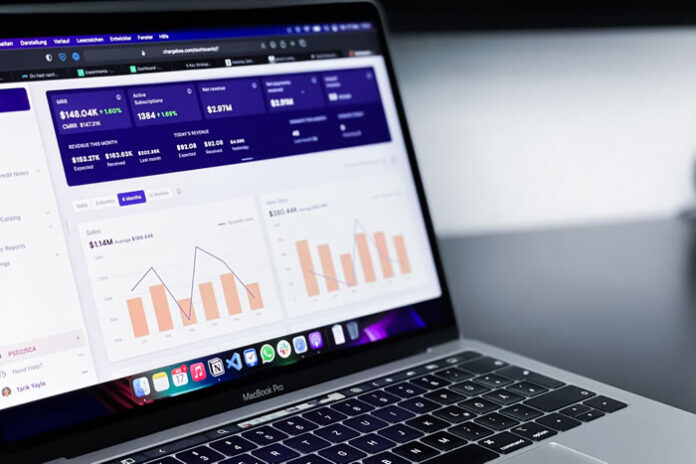Businesses are undertaking massive transformations to adjust to new market conditions and challenges presented by supply chain disruptions as well as logistics issues. Within the last year we have seen evolutions in new product development, workforce dynamics, customer relationships, and business process optimization. Here’s the importance of leveraging unbiased information to inform business tech decisions.
So, how are companies determining what to adapt? In short, with a combination of data and instinct. Rich, meaningful, data-driven insights are critical in the face of uncertainty, but ultimately business tech decisions must be based on a fundamental understanding of the people behind the percentages. To inform business tech decisions, it is essential to cultivate one’s own knowledge to complement market data, supplement with unbiased information, and prioritize the people behind the data.
Integrating Instincts With Data
Typically, companies rely on existing data when making business tech decisions, drawing from their customer relationship management tools or customer purchase information. While this approach provides critical operational insights, it can also feel like data overload for stakeholders, and it has its limitations; for example, it provides only historical data, which has limited utility for future projections. While it is more critical than ever to be skilled in synthesizing and leveraging data, hard numbers are not the be-all, end-all.
Instead, business leaders are relying on their own knowledge and instincts to complement the data patterns they see. For many leaders, their gut feelings are based on decades in their field, so these instincts are far from uninformed or haphazard. Those who do it best are able to blend their experience and instincts with data patterns and integrate all of these factors into a cohesive and holistic business tech decisions making framework.
Using Unbiased Information to Engage Stakeholders
A good business tech decision does not come as a result of a sales pitch from a company desperate to get your business but rather from unbiased information that provides “the good, the bad and the ugly.” Unbiased information is a type of information that often comes from analysts, industry experts and other third parties and is based on surveys, hard facts or real-world experiences.
Unbiased information allows someone to draw their own conclusions based on objective facts. It is especially helpful in providing stakeholders with the specific information they need to supplement their own knowledge. Personal experiences and use cases are critical data sources in the business tech decision-making process.
An IT practitioner may turn to the Spiceworks community to consult with peers to learn about their honest experiences with a certain technology or product. Stakeholders are doing a lot of research on their own before they make a purchase decision, and each one of the stakeholders at a company is ingesting different types of information based on their priorities and needs. This variety of different data inputs helps businesses develop a well-rounded perspective prior to making a significant business tech decision.
Business Tech Decisions
You’ll often see alluring statistics like, “70% of companies are addressing this particular problem with this specific solution.” The 70% figure should capture your attention, as it signals confidence in a particular solution; however, the stakeholder reading that information and making the business tech decision needs to think about their specific business and the human side of that decision. While this solution may be working for the vast majority, is it going to work for you and what your company needs? Adding that element of critical thinking is part of how one should interpret percentages or other data figures.
It all comes back to integrating instincts and knowledge of oneself, one’s team members and their needs with hard data. Businesses undergoing successful transformations are harnessing the power of their own internal data while complementing it with human interpretation, knowledge of their customers and personal connections. Leverage unbiased information to inform business tech decisions.
















